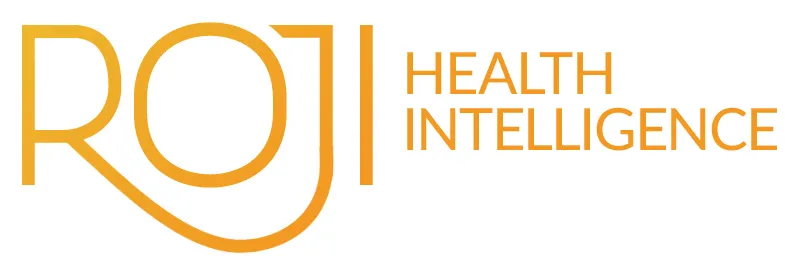Doctors leaving medicine spells trouble for health care. And there’s real reason for concern. A few weeks ago, the Mayo Clinic released its most recent study on physician burnout, revealing the highest rate in the survey’s 10-year history. Sixty-three percent of responding physicians reported one or more characteristics of burnout, with many noting depersonalization, an […]
Seven Key Strategies for Health Systems and ACOs to Attract and Engage Consumers
Despite incredible work by health care workers during the pandemic, consumer and patient trust and belief in the health care system is dangerously low. Why is this a big problem now? Because as pressure to implement Value-Based Care initiatives is intensifying and creating more financial pressure on your already-slim margins, your health system or ACO […]
ACOs, You Probably Think Cost Transparency Isn’t Your Problem. Think Again.
ACOs have largely sidestepped the cost transparency dispute raging between Medicare and medical providers, especially hospitals, due to CMS rules requiring providers to give consumers coverage-based cost estimates. If you’re an ACO, you probably assume that cost transparency is not your problem. So you probably won’t like to hear that your ACO should be helping […]
Can Consumers Be the Answer to Health Care Cost Control?
In the intense ramp-up to accepting Value-Based Health Care payment models that include financial risk, providers have implemented an array of technologies and programs to improve cost performance. They are in a race against time. Capitation is re-emerging as a dominant payment type under Medicare Value-Based Primary Care Models and commercial contracts. Alternative Payment Models […]
How Aching Joints Can Teach Consumers to Question the Evidence
As explained in our last article, there’s more to managing personal health care costs than concentrating on insurance payments and uncovered costs. As health care consumers, we’d all benefit from learning how to determine whether the value of the services—as delivered by a given provider—is worth the cost, potential risk, and benefits. Here, again, are […]
How Consumers Can Choose Quality in Value-Based Health Care
In our last article on how Quality should be reflected in Value-Based Health Care, we looked at the problematic route of quality measurement and reporting. The intent to develop payment for quality has resulted in a complex measurement system that produced provider-specific performance scores across hundreds of measures, yet has failed to advance achievement of […]
Fixing Clinical Science Requires a Moonshot
“We chose to go to the moon” President John Kennedy’s statement instigated a monumental marshaling of resources to achieve a remarkable goal. Those famous words also established a powerful metaphor for aiming high. We need an equally monumental shift in purpose and commitment of resources for how we conduct clinical science. Nothing less than our […]
AI May Be the Future, But It’s Not (Yet) the Future of Clinical Research
Good medical practice depends on good clinical research. Without rigorous, replicable, reliable research findings, we cannot trust that our medical decisions are based on truth. To put it bluntly, flawed research leads to bad medicine. It’s essential that we get it right. In this series, I have argued for a more rigorous approach. The present […]
Follow the Pathway to PCP Success In Medicare Direct Contracting
Primary care physicians were sitting on the sidelines as Medicare developed financial risk models in various generations of ACOs. At best, they could only hope to participate in Medicare Advantage and/or join a larger ACO. But potential for financial gain was elusive when the physicians’ success depended on the actions of others to achieve savings. […]
If Not Now, It’s Too Late: More Clinical Science Pitfalls and a Path to Improvement
Let’s review three major vulnerabilities with how randomized trials (RTs) are conducted, as discussed so far in this series. Critically appraising a research study involves determining the “internal and external” validity. Internal validity deals with the conduct of the study, per se. External validity deals with whether the study’s findings can be generalized to others […]










